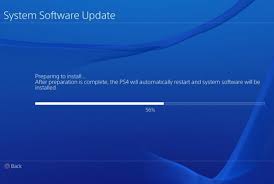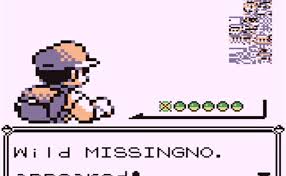It can be said in many different ways, but basically it boils down to something like, “this game is too easy because it’s too easy to break the game.” ‘Breaking the game’ in this case is usually attributed to exploiting a design flaw in the game. Now before I get into the meat of my rant, I fully acknowledge that for the exact same reason I don’t like most reviews, people can feel any which way they want about a game. If they feel like it’s too easy, then that’s a valid critique for them. I get that. The critique becomes all the more important when there is a multiplayer component to the game as well. If the majority of players are being punished for not exploiting a flaw while those who are exploiting a flaw are benefiting, something needs to be fixed immediately. However, the critique loses a lot of luster when flaunted over games that are single-player orientated.
The major problem with releasing games before they are fully tested behind close doors is that gamers have to spend hard-earned cash on a product that hasn’t been fully developed. Testing is a crucial step of game development; and instead of paying testers to do a necessary job, game developers have flipped the script and are now getting gamers to buy into a product that needed testing. Game developers not only are saving money by not hiring a full team of testers, they’re now making money on gamers paying to test their games.
Sure, there is a design flaw that should’ve been fixed and in today’s world of gaming, it most likely would get fixed eventually; but regardless of the flaw’s state, unless the problem prohibits gameplay, there is no reason that a player needs to exploit the flaw. The game could be great in every other component, story, gameplay, graphics, sound, mechanics, yet if there is an exploit that negates the game’s pre-designed difficulty, all of a sudden some people will lower their review over the game or even discredit the game entirely. Difficulty of a game is a large part of its mechanics and should be consistent and upheld by developers, but a mistake is a mistake. Developers rarely give easy-outs when they’ve decided on the level of difficulty of any given part of a game. It’s their fault for not catching a mistake, but that doesn’t mean we as gamers need to punish them for a mistake that sometimes even a great testing team can miss. One of the reasons why releasing a game to be tested by the gaming public is great is because there’s no better testing group that could ever be created. You get a wide demographic and more eyes on the product than you could ever have if you had just hired a larger team of testers. So, if a gamer experiences a flaw, then hell yeah they should discuss it with fellow gamers and with the game’s developers, but as far basing your final review of a game because of a flaw, it’s the equivalent to saying a book was no good because there was a grammar error. It happens. This critique becomes all the more frustrating when people apply the criticism to older games. This critique becomes all the more frustrating when people apply the criticism to older games. Looking at you, people who think Final Fantasy VI is too easy because of the vanish//death trick. In general, if an exploit exists that makes the game easier and you want more of a challenge, then don’t exploit it. If it’s still not challenging enough, the modding community has typically got your back. I only ask gamers who find games “too easy because it’s too easy to break” to keep that shit away from arguments or reviews about the game.
Rant Over. Yearning for you tragically, Greg Pilkington P.s. If you want good reviews, check out readintoit or Jeremy Jahns on YouTube
0 Comments
Leave a Reply. |
Archives
February 2016
Categories |





 RSS Feed
RSS Feed
